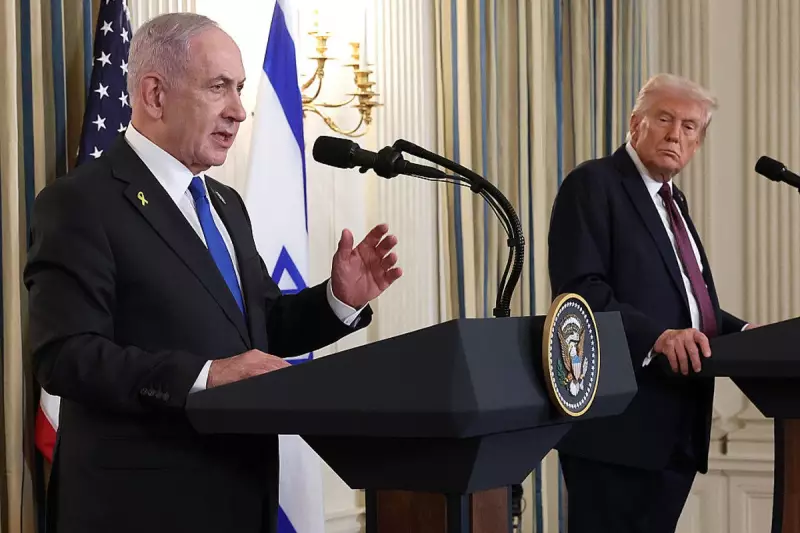
Former US President Donald Trump has thrown his weight behind Israeli Prime Minister Benjamin Netanyahu's uncompromising stance against Hamas, creating fresh controversy in the already volatile Middle East political landscape.
Trump's Endorsement of Hardline Approach
In a significant political intervention, Trump publicly aligned himself with Netanyahu's aggressive posture toward Hamas, suggesting the current US administration lacks the necessary resolve to handle the escalating conflict. The endorsement comes amid heightened tensions in the region and growing international concern about civilian casualties.
Criticism of Current US Leadership
The former president didn't mince words when assessing the Biden administration's handling of Middle East diplomacy. "They simply don't understand how to deal with terrorists," Trump stated, echoing Netanyahu's long-standing position that military pressure remains the only language Hamas understands.
Political Implications for US-Israel Relations
This public backing creates an unusual dynamic in US-Israeli relations, with a former president openly challenging current foreign policy approaches. Political analysts suggest this could complicate ongoing peace efforts and embolden hardline elements within the Israeli government.
The timing is particularly sensitive, as international mediators continue efforts to broker ceasefires and humanitarian pauses in the conflict. Trump's comments appear to reinforce Netanyahu's resistance to what some describe as "half-measures" in dealing with Hamas.
Regional Stability Concerns
Middle East experts express concern that such high-profile endorsements of military solutions could undermine diplomatic efforts and prolong the suffering of civilians caught in the crossfire. The situation remains fluid, with multiple international actors attempting to navigate the complex political terrain.
As the 2024 presidential election approaches, Trump's positioning on Israel suggests this will remain a key foreign policy dividing line between American political parties, with significant implications for future US engagement in the region.





